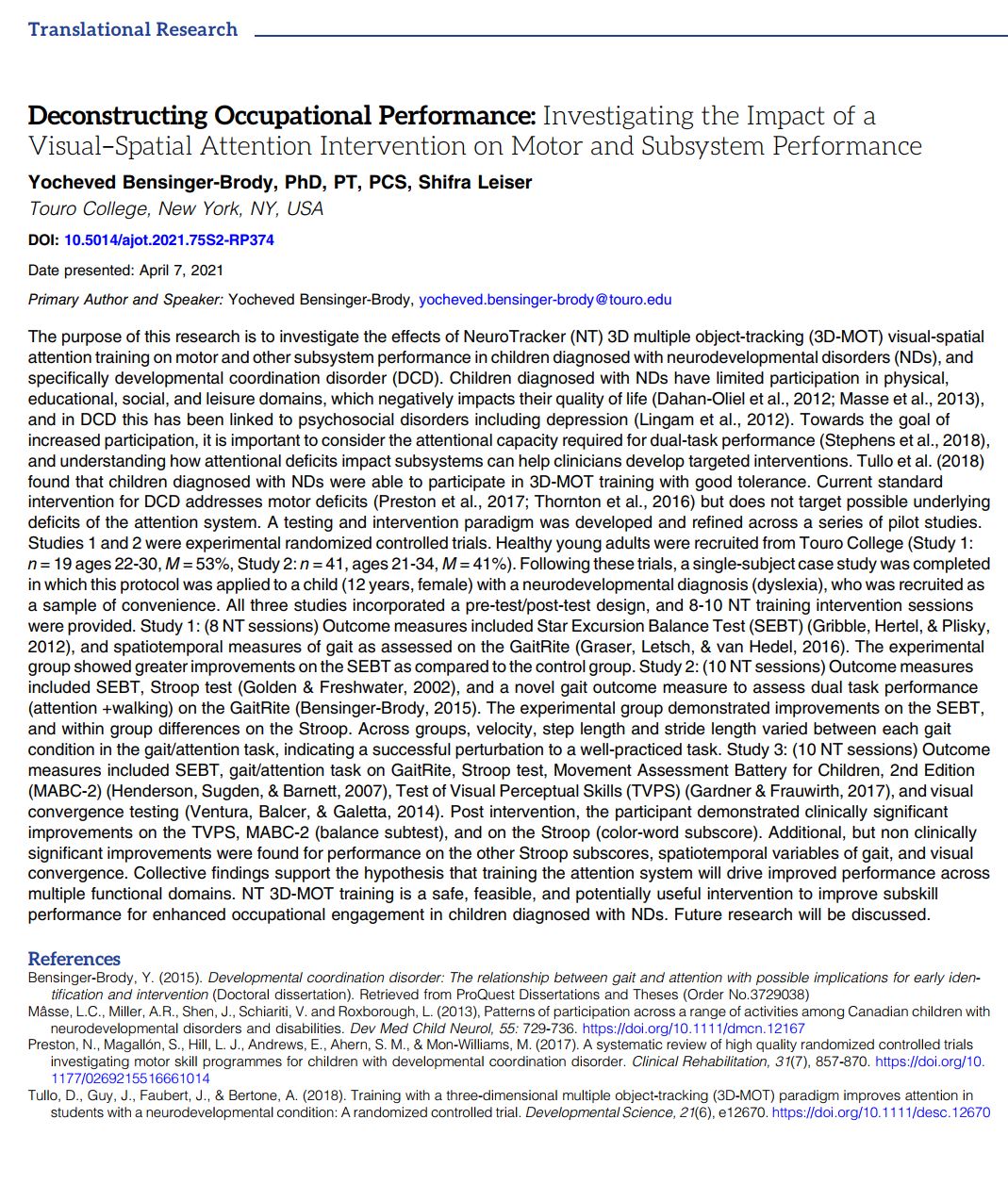Welcome to the Research and Strategy Services at in today's fast-paced.


In accordance with the Centers for Disease Control and Prevention (CDC), somewhere between 1.6 and 3.8 million sports-related concussions occur in the United States annually. These sports-related concussions account for approximately 5-9 percent of all sports related injuries. Several conflicting studies have reported that the true incidence of athletic concussions is actually much higher due to the fact that many athletes fail to ever report concussions.

Both animal and human studies have shown post-concussive vulnerability if the normal brain cellular function has yet to be restored. This indicates that repeat brain injuries of this degree, before full recovery, will further aggravate cellular metabolic changes and result in additional cognitive deficits. Since experimental evidence suggests that the concussed brain is far less responsive to physiological neural activation, it is therefore likely that excessive physical or cognitive activity before a complete recovery might lead to protracted dysfunction.
Many studies that have previously been conducted indicate that 80 to 90 percent of athletes that have experienced a concussion show symptom recovery in approximately 7 days. However, symptom resolution is not always conclusive in indicating a complete cognitive recovery, as in some cases, persistent deficits are still detectable during neuropsychological testing.
[caption id="attachment_1917" align="alignleft" width="440"]

Source: Centre for Disease Control[/caption]
Because there is much disparity surrounding sensitivity of neurocognitive test batteries, researchers therefore question previous findings. And thus a study was conducted that followed the guidelines of oculomotor-based diagnostic clinical test protocols that were developed for the representation of the athletic population who have experienced mild traumatic brain injuries (mTBI). The study was led by Dmitri Poltavski and David Biberdorf, in which 42 Division I collegiate female and male hockey players were evaluated. This study targeted such oculomotor parameters as vergence, version, and accommodation. Thiagarajan et al. notes that the tests show the majority of clinical cases presented showed vergence system abnormalities following mTBI. The most common abnormality indicated was convergence insufficiency, which typically results in oculomotor symptoms related to reading.
During the study, ImPACT (Immediate Post-Concussion Assessment and Cognitive Testing) was used to evaluate test patients. ImPACT is a computerized concussion evaluation system that is useful in aiding practitioners in making decisions about the athlete’s ability to return to the game following a concussion. In this study, the overall results on test patients revealed that higher ADHD symptomatology, greater near-point fixation disparity, and poorer reading comprehension are identifying factors in athletes with previous concussions. The five areas of testing focused on visual memory composite, verbal memory composite, reaction time composite, total symptom composite, and impulse control composite.
The study found that none of the ImPACT assessment measure scores were significantly predictive of the athletes’ concussion history. The researchers found no association between the athletes’ performance on the assessment and previous concussions. Though ImPACT continues to be an important instrument used in making athletic return-to-play decisions, it has little utility in screening for a history of past concussions, and risks associated with repeat concussions. However, several self-report and visual measures used in this study show high sensitivity and responsiveness within patients of previously sustained concussions.
e findings suggest the importance of oculomotor measures in injured athletes, of which the institution of timely rehabilitative processes, including sports vision training and sports therapy may improve the injured athlete’s neuropsychological status, as well as overall sports-specific performance and even academic performance. The conclusive, and some non-conclusive, evidence in this study may inspire researchers to take steps in the direction of designing better screening protocols for athletes with previously sustained concussions.
(Source)








Welcome to the Research and Strategy Services at in today's fast-paced.

If your thinking feels slower than usual, it doesn’t automatically mean something is wrong. This guide explains common short-term causes, normal cognitive variability, and how to interpret changes calmly over time.

Many professional roles require cognitive performance to be sustained over long periods rather than demonstrated briefly. This article explains how sustained cognitive load shapes performance in knowledge-work and monitoring environments.

An overview of the important interpretational difference between temporary changes in brain state, and durably lasting changes in cognitive capacities.
.png)